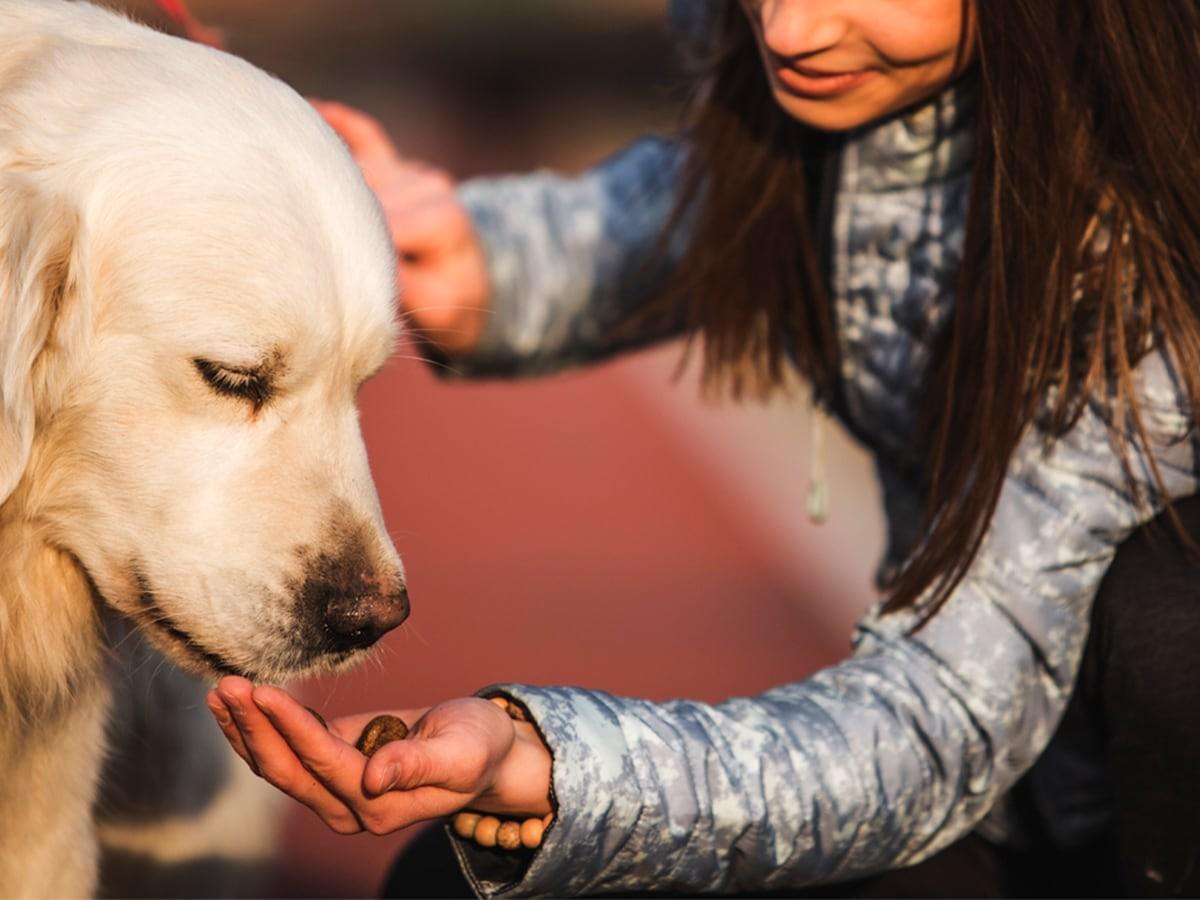Pistachios, with their delightful green hue and rich flavor, are a popular snack for humans. But what about our canine companions? Can dogs safely indulge in pistachios too? In short, the answer is yes, but with a few important caveats. This comprehensive guide will help you understand the potential benefits and risks of pistachios for dogs, allowing you to make informed decisions about sharing this snack with your pet.
Are Pistachios Safe for Dogs?
While pistachios aren't as toxic to dogs as macadamia nuts, they're not entirely risk-free. Unsalted, shelled pistachios can be offered as an occasional treat, but moderation is crucial due to their high fat content and potential for other complications. Therefore, it's essential to exercise caution when considering whether to share pistachios with your dog.
Health Benefits and Risks of Pistachios for Dogs
Benefits of Pistachios for Dogs
In moderation, pistachios can offer some nutritional benefits for your canine companion. They contain:
Protein: Crucial for building and maintaining tissues
Fiber: Aids in digestion
Vitamins (B6, thiamine): Support various bodily functions, including nerve health and metabolism
Minerals (potassium, phosphorus, copper: Contribute to healthy bones, muscles, and blood cells
However, these benefits are outweighed by the potential risks associated with feeding pistachios to dogs.
Pistachio Risks for Dogs
Several factors make pistachios a less-than-ideal treat for dogs:
High-Fat Content: The high-fat content in pistachios can lead to pancreatitis, a serious and potentially fatal inflammation of the pancreas. Symptoms of pancreatitis can include vomiting, diarrhea, lethargy, and abdominal pain.
Phosphorus: Pistachios are also rich in phosphorus, which can harm dogs with kidney problems.
Aflatoxin: Pistachios can sometimes be contaminated with aflatoxin, a mold toxin that can cause liver damage.
Choking Hazard: Pistachio shells can be a choking hazard or obstruct the intestines if swallowed.
Are Pistachios Bad for Dogs?
While pistachios are not inherently toxic to dogs, they should not be a regular part of their diet. The high fat and phosphorus content, coupled with the risk of aflatoxin contamination and choking hazards, make them a less suitable treat. An occasional pistachio or two (unsalted and shelled) is unlikely to harm a healthy dog, but it's best to err on the side of caution.
What Happens If My Dog Eats Too Many Pistachios?
If your dog consumes a large number of pistachios, they may experience digestive upset, including vomiting, diarrhea, and abdominal pain. In severe cases, it can lead to pancreatitis, which requires immediate veterinary attention. If you notice any concerning symptoms after your dog eats pistachios, contact your veterinarian right away.
Healthy Alternatives to Pistachios for Dogs
If you're looking for healthier treats for your dog, consider these options:
Fruits: Apples, bananas, blueberries, watermelon (seedless)
FAQs About Dogs and Pistachios
What happens if a dog eats pistachios?
The high fat content in pistachios poses the biggest danger to dogs. Consuming fatty snacks can lead to pancreatitis, a serious condition. If your dog eats a large amount of pistachios or exhibits any concerning symptoms, contact your vet immediately5.
How many pistachios can a dog eat in a day?
The safe number of pistachios for a dog can vary considerably based on its size. Larger breeds may be able to handle a few more, while smaller dogs should have very limited amounts if any at all. It's always best to consult your veterinarian before introducing any new food, including pistachios, to your dog's diet. They can provide tailored advice based on your dog's specific size, health conditions, and dietary needs2.
What nuts can dogs not eat?
Some nuts are particularly dangerous for dogs6.
Macadamia nuts: Highly toxic to dogs and should never be given to them.
Black walnuts: Also very toxic to dogs.
Raw cashews: Should be avoided for dogs and are toxic to cats.
Pistachios: While not as toxic as macadamia nuts, they should be avoided due to their high fat content and potential for complications.
Expert Insights from Spot
While it's tempting to share our favorite foods with our pets, it's crucial to remember that not all human foods are safe for dogs. Spot's internal data shows that pet insurance claims for dietary indiscretions average $642*, underscoring the importance of caution and research before sharing snacks with our pets.
Key Takeaways
While a few unsalted, shelled pistachios are unlikely to be toxic to dogs, they should not be a regular treat due to their high-fat content and potential for other complications. Always prioritize your dog's health and consult your veterinarian if you have any concerns about their diet or if they exhibit any adverse reactions after eating pistachios.
Remember: Choosing healthy and safe treats is essential for your dog's well-being. If in doubt, consult your veterinarian for personalized advice on the best treats for your furry friend.

Mostly a tech person, always a pet person. I am dedicated to improving the lives of pets and their humans with technology. Off-duty, I enjoy writing about the misbehaving of computer programs and my two Aussiedoodles, Calvin and Hobbes.
*Jan 2019 to April 2024 administrator claims data.
Cannon, Austin. “Can Dogs Eat Pistachios?” The Spruce Pets, The Spruce Pets, 30 May 2023, www.thesprucepets.com/can-dogs-eat-pistachios-7485021.
Carbo-Johnson, Karina. “Why Is Protein Good for Dogs?” Purina US, Purina, 26 June 2024, www.purina.com/articles/dog/health/nutrition/why-is-protein-good-for-dogs.
Hunter, Tammy, et al. “Pancreatitis in Dogs: VCA Animal Hospitals.” VCA Animal Hospitals, VCA Animal Hospitals, vcahospitals.com/know-your-pet/pancreatitis-in-dogs.
Patterdale, Sassafras. “Can Dogs Eat Pistachios?” American Kennel Club, American Kennel Club, 8 Dec. 2022, www.akc.org/expert-advice/nutrition/can-dogs-eat-pistachios/.
Turner, Dr. Beth. “Safe and Unsafe Nuts and Seeds for Dogs & Cats.” Preventive Vet, Preventive Vet, 2 Aug. 2024, www.preventivevet.com/pets/safe-and-unsafe-nuts-and-seeds-for-pets.
The information presented in this article is for educational and informational purposes only and does not constitute or substitute for the advice of your veterinarian.












